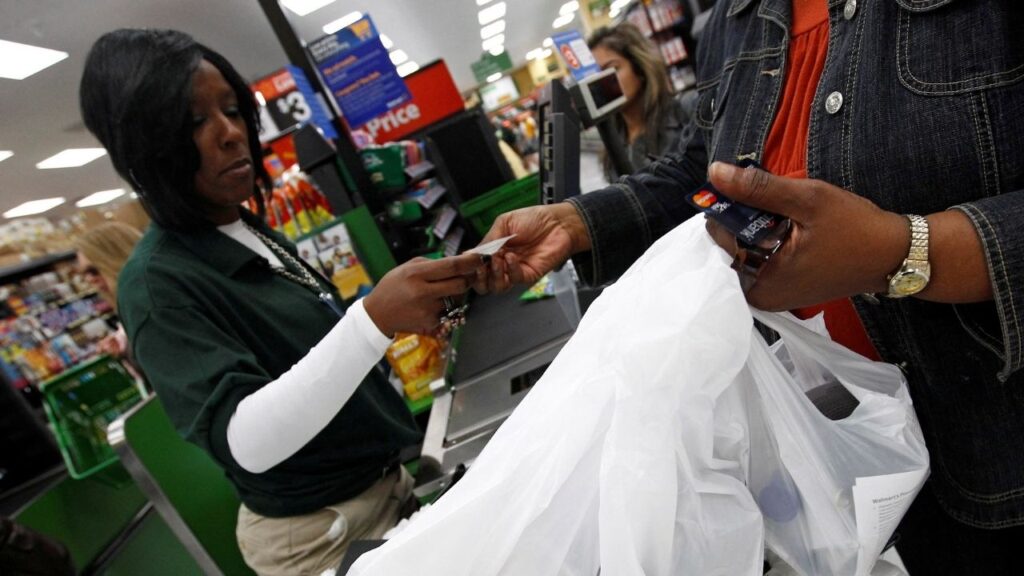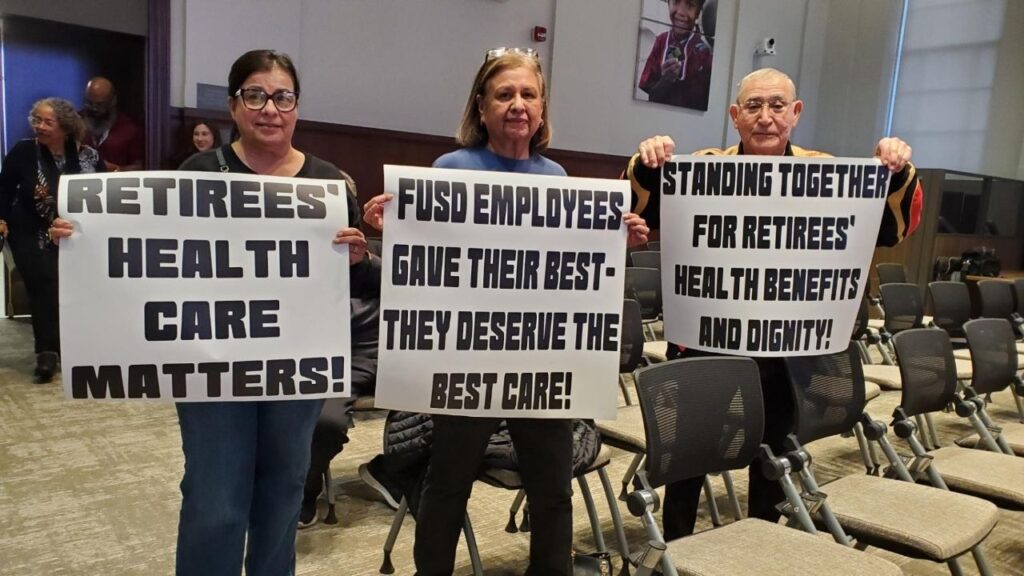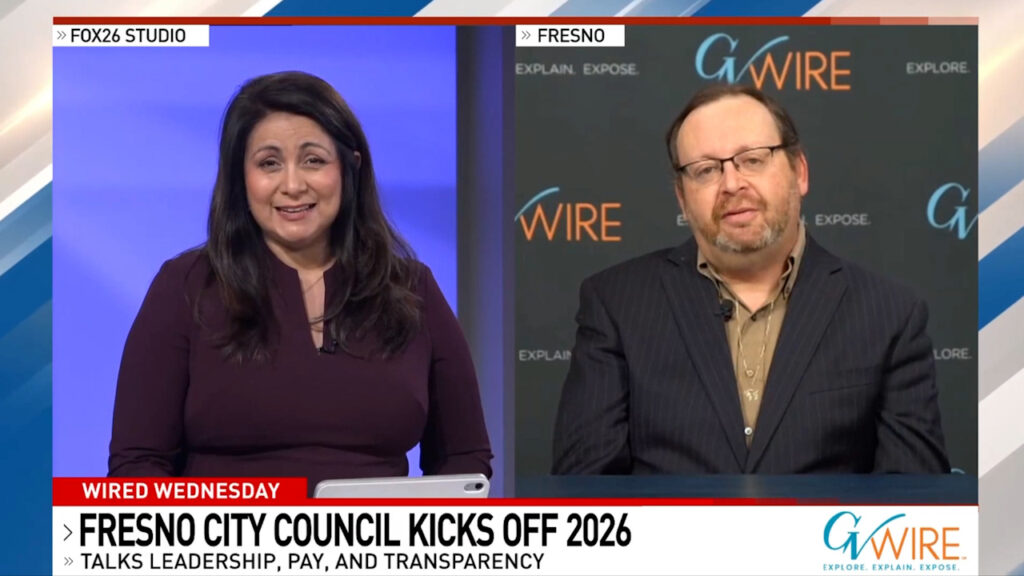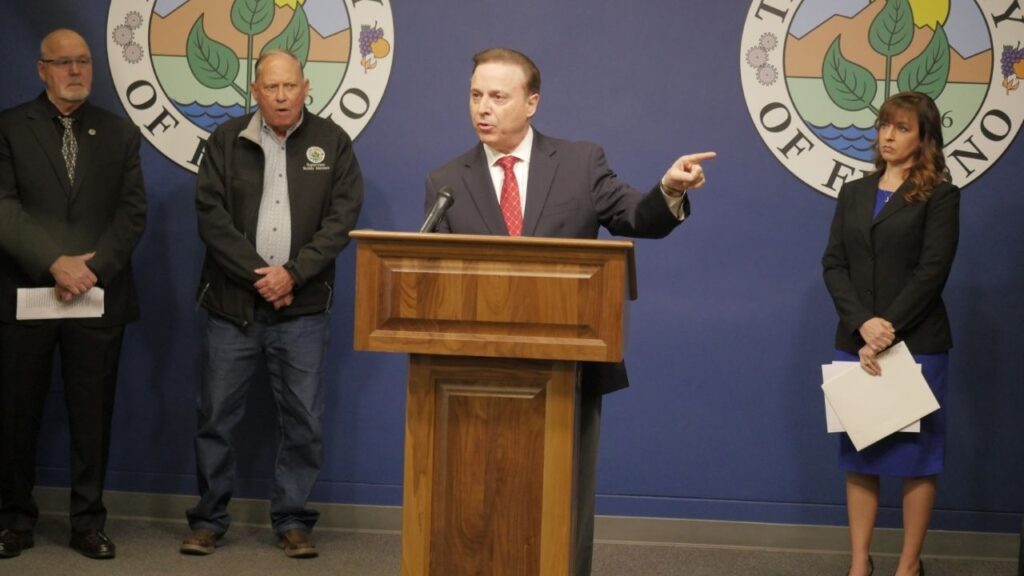Share
This holiday season, every family is paying close attention to a topic no one ever expected would be a debate around the dinner table: the supply chain crisis.
But even as cargo ships line up at the ports of Los Angeles and Long Beach delaying the delivery of glass wine bottles, and limits on steel production in China is driving up the price of canned cranberry sauce, we must also acknowledge the impact California’s unreliable water supply has had on the skyrocketing cost of food and the risk this poses to our nation’s food security.

William Bourdeau
Opinion
I was born and raised in Coalinga, California, located on the West side of the San Joaquin Valley, and in one of the most productive agricultural regions in the world. The water that makes it possible for this region to help feed the nation was brought to the Central Valley by incredible feats of engineering and a massive investment in water infrastructure.
Farmers do not take this water for granted.
As climate change progresses and our population increases, farmers have responded to growing water scarcity concerns and rising water prices with innovative practices, including irrigation efficiency technology and adjusted planting and harvesting techniques to increase yield with less water and land.
Ag Water Use Down, Productivity Up
The numbers bear out our success: Between 1980 and 2015, farm water use in California dropped 14%, but farms generated 38% more gross state product. Farms in the Westlands Water District are particularly efficient. Farmers in Westlands rank among the most productive and efficient farmers in the world- meaning we can produce more yield with less water. For instance, in 2017 the national average yield per acre for tomatoes stood at 39.4 tons per acre whereas in Fresno and Kings Counties, where Westlands is located, the respective yields were 50.39 and 51.88 tons per acre for tomatoes.
Farmers in California have made tremendous strides in doing more with less, but there is only so much that water efficiency can achieve before fields have to be fallowed and crops left unplanted due to lack of water. While farmers continue to invest in water conservation and efficiency, we need federal policymakers and regulators to support science-based, data-backed policies that ensure we can continue upholding the nation’s food supply chain by growing and harvesting food and fiber as efficiently as possible.
Support for Homegrown Supply Chain
Unfortunately, what we’re seeing now in skyrocketing grocery food prices underscores how decades of failing to invest in adequate water supplies, storage, and infrastructure can make a bad situation even worse, especially for the millions of Americans who continue to struggle with food insecurity.
There is bipartisan support in Washington, D.C. for strengthening our homegrown supply chain for everything from semiconductor chips to our fruits and vegetables. This will make America stronger, more secure, and help improve affordability and reliability by lessening the reliance on foreign supply chains.
And President Biden just signed a generational infrastructure bill that was developed by both Democrats and Republicans in Congress — part of that package will support important water storage projects. These efforts combined will help ensure farmers like us can continue feeding our nation and increase our competitiveness in international markets, which will both support our economy and ensure agricultural goods remain affordable here at home.
Remembering What’s at Stake
Reliable access to water is a key component to making all of this work, and I’m encouraged by the growing bipartisan agreement on those issues too. Providing farmers and water users with flexibility and thoughtful government guidelines based on the latest scientific data and reflective of our ongoing drought conditions is vital to achieving these supply chain goals and combatting food insecurity.
So, as conversations about the ongoing crises heat up around the holiday table, let’s also not forget about what’s at stake for the food on that table, too.
About the Author
William Bourdeau is executive vice president of Harris Farms in Coalinga, California and a director on the Westlands Water District Board of Directors.
RELATED TOPICS:
Categories

Fresno County Fatal Crash on Auberry Road Leads to Arrest
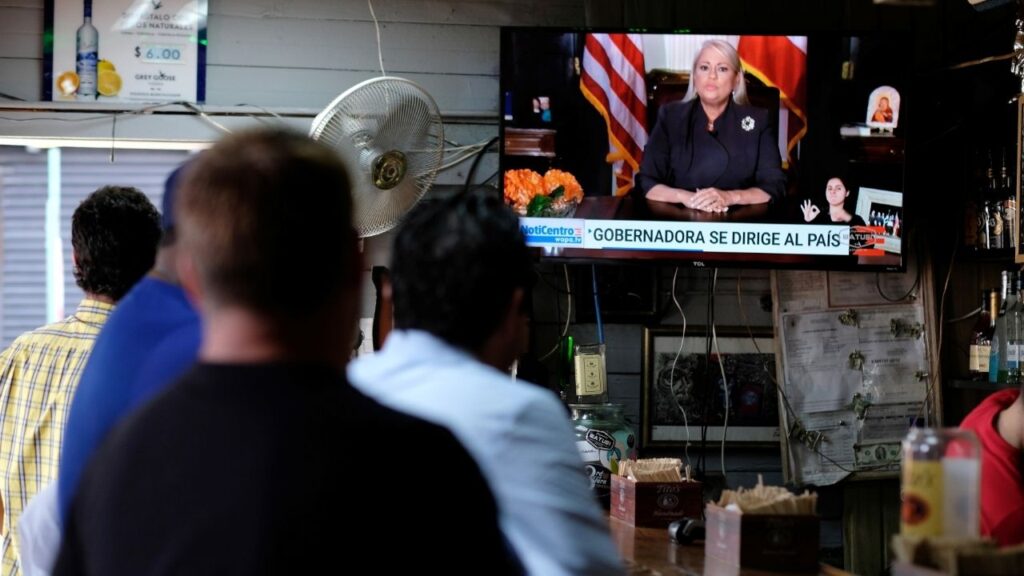
Trump Pardons Former Puerto Rico Governor Vazquez









